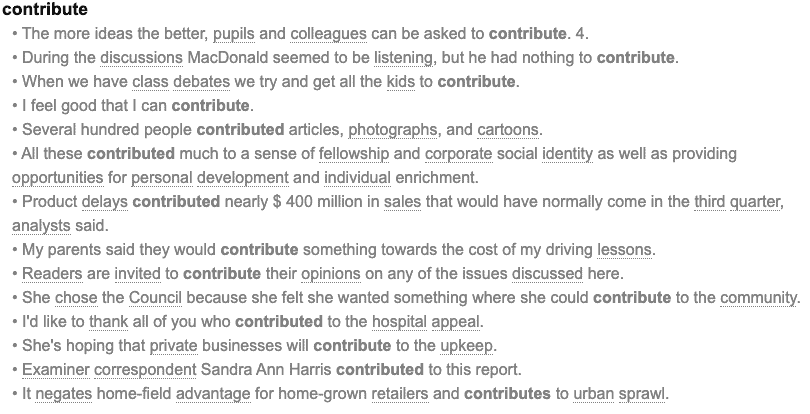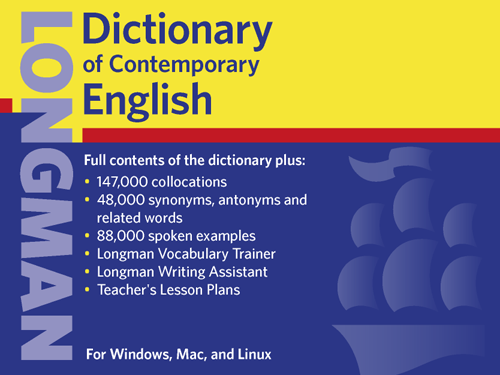


These days I divide my time between being chief editor of the Macmillan dictionaries and a director of Lexicography MasterClass, a company that runs dictionary projects and training courses in lexicography and lexical computing.

I worked for a time at COBUILD during the earliest days of corpus lexicography, then for over ten years at Longman. I got into the dictionary business by accident, but I have been lucky enough to be involved in all the major developments over the last 30 years or so – and, as Macmillan Dictionary Online shows, this field is still developing in new directions. I have been a lexicographer since 1980, after a not very brilliant career as an academic then English language teacher. For several years I wrote a weekly web article about English and am currently editing the Macmillan Dictionary Blog. Meanwhile I have continued to do some translating, materials writing and copy editing. Since going freelance I have contributed to a huge number of monolingual and bilingual dictionaries, including the Macmillan range of dictionaries, both in print and now online. Thus, entry composites such as definitions, phonetic and grammatical information, and diatonic and diaphasic labels shall constitute an integral part of teaching strategies in the phonology, syntax, semantic, and sociolinguistic domains.After two years at Longman I moved to COBUILD, where I worked on monolingual learner’s dictionaries. In view of the importance and increasing sophistication of monolingual dictionaries, this study is yet one more proof of the pedagogical usefulness of equipping students with dictionary training as part of their syllabuses. Yet, statistically significant differences were registered in the performance of the experimental group regarding overall and individual entry components.

The results of both groups in the pre-test were unsatisfactory and generally congruent with the findings of the original study. The performance was measured against a slightly modified version of the test following a tailor-made structured module presented to the experimental group. A dictionary pre-test was administered to two homogeneous groups attending a Study Skills Course at The University of Khartoum, Sudan. Hence, the aim of the current study is to empirically gauge the efficacy of integrating these reference skills within a conventional Enhancement Course. Since existing lexicographical Sudanese literature has uncovered an even more subsidiary role for monolingual dictionaries, further investigations were needed to verify whether knowledge and skills to tap the inexhaustible resources of the dictionary can be enhanced through direct teaching regiments. A substantial body of research has revealed that EFL students conceive of a monolingual dictionary primarily as a repository of definitions to the almost utter neglect of the other entry components.


 0 kommentar(er)
0 kommentar(er)
